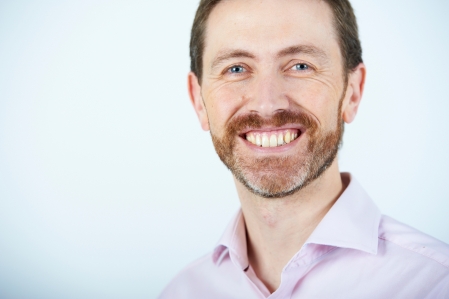
A decision to change the way people receive care in the first few days after having a stroke in South Yorkshire and Bassetlaw has been made today (Wednesday 15 November 2017) by the joint committee of clinical commissioning groups.
Over the last three years, clinical commissioners in Barnsley, Bassetlaw, Chesterfield, Doncaster, Rotherham and Sheffield have come together with doctors, nurses and staff to review and improve the care and experiences of all people needing hyper acute stroke care in our region.
By working together better and learning from best practice and guidance in other areas where more lives have been saved and disabilities have been reduced, new ways of working have been developed which means initial treatment for strokes will now be provided in hospitals with very specialist staff and skills in Chesterfield, Doncaster and Sheffield – and Pinderfields Hospital where it is closer for some Barnsley patients to be taken by ambulance to Wakefield.
Around 15 people per week needing this specialist hyper acute treatment, with rapid scanning, assessments and treatments, including thrombolysis where appropriate, will no longer be treated in hospitals in Barnsley or Rotherham. Working in a different way will ensure the right staff, with the right skills, will be available 24 hours a day, seven days a week in these specialist centres. All other treatments and care following the initial few days (depending on how well the patient is) will continue in local hospitals, with patients being taken to their local hospital once they are fit and well enough to do so.
Dr Peter Anderton, stroke consultant at Doncaster and Bassetlaw Teaching Hospitals NHS Foundation Trust and regional stroke lead for South Yorkshire and Bassetlaw, said:
“I want to reassure people that the decision to make these changes is about saving lives and reducing disabilities. All the evidence from across the country where changes have already happened tells us this is the right solution and allows us to concentrate expert staff in the right place.
“Stroke patients treated with thrombolysis within three hours of having a stroke are 10% more likely to live without disability than patients not treated with thrombolysis. At the moment, depending on where a patient lives in our region, and how soon they have the tests needed, they do not always have access to the recommended treatments within the critical time period.
“For some patients in Barnsley and Rotherham, it will mean being treated in a hospital that isn’t their local one for around the first 72 hours – but it also means they will receive the high quality, specialist care they need. We have been working with our ambulance service colleagues to make sure all patients would be rapidly transported to the most appropriate hyper acute stroke unit to receive their treatment.”
The changes agreed by the committee today will now be worked through with all partners with changes starting to take place in Rotherham from July 2018 and formally in Barnsley by January 2019.
Des Breen, medical director for the Health and Care Working Together in South Yorkshire and Bassetlaw, said:
“As outlined during the consultation period, some of the region’s stroke teams don’t treat as many patients as teams in other hospitals, meaning they have fewer opportunities to develop their skills and introduce new treatments – which could mean that in the future, some patients may not get the best care they deserve should they have a stroke. This means that we aren’t using our highly skilled staff in the best way and by working differently, we will be better able to provide high quality care within the critical time period following a stroke.
“These changes are in line with national guidance and recommendations, which have also received support from the Stroke Association, showing that having a reduced number of hyper acute stroke units, with staff consistently using their specialist skills and knowledge, increases a person’s chance of survival and living well after having a stroke.
“Hyper acute care is one part of the stroke services we provide and the wider services, from acute care to community rehabilitation are now being looked at as part of wider work in South Yorkshire and Bassetlaw to ensure we are providing the best possible care during a patient’s entire journey following a stroke.”
Watch the live stream of the meeting and download the full business case here.
